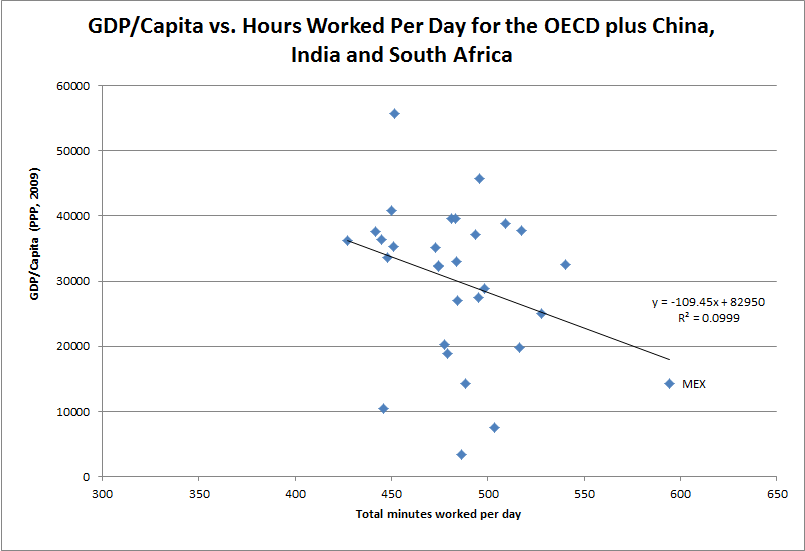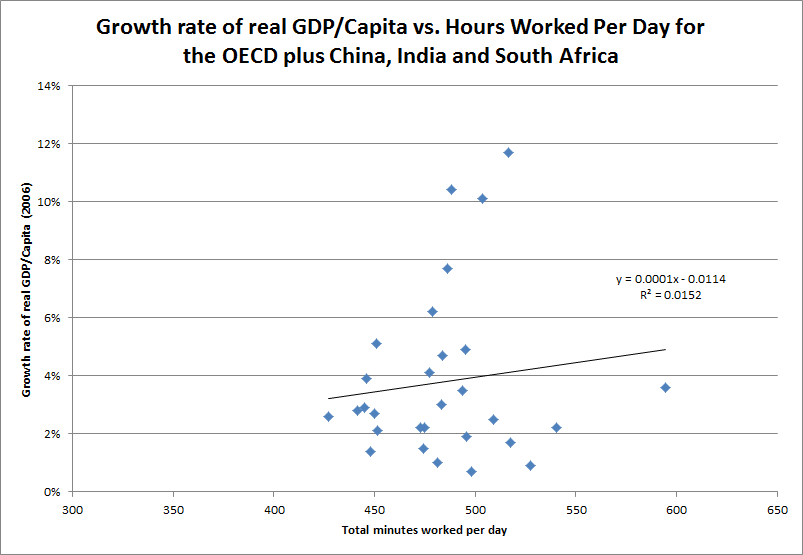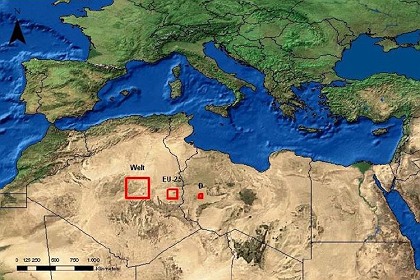The Economist’s blog, Democracy in America, has a post from a few days ago — “Tax Day”, for Americans, is the 15th of April — looking at Ayn Rand’s rather odd view of government. Ms. Rand, apparently, did not oppose the existence of a (limited) government spending public money, but did oppose the raising of that money through coercive taxation.
Here’s the almost-anonymous W.W., writing at The Economist:
This left her in the odd and almost certainly untenable position of advocating a minimal state financed voluntarily. In her essay “Government Financing in a Free Society“, Rand wrote:
“In a fully free society, taxation—or, to be exact, payment for governmental services—would be voluntary. Since the proper services of a government—the police, the armed forces, the law courts—are demonstrably needed by individual citizens and affect their interests directly, the citizens would (and should) be willing to pay for such services, as they pay for insurance.”
This is faintly ridiculous. From one side, the libertarian anarchist will agree that people are willing to pay for these services, but that a government monopoly in their provision will lead only to inefficiency and abuse. From the other side, the liberal statist will defend the government provision of the public goods Rand mentions, but will quite rightly argue that Rand seems not to grasp perhaps the main reason government coercion is needed, especially if one believes, as Rand does, that individuals ought to act in their rational self-interest.
The idea of private goods vs. public goods, I think, is something that Rand would have recognised, if not in the formally defined sense we use today, but I do not think that Rand really knew much about externalities and the ability of carefully-targeted government taxation to improve the allocative efficiency of otherwise free markets. I think it’s fair to say that she would probably have outright denied the possibility of anything like multiple equilibria and the subsequent possibility of poverty traps. Furthermore, while she clearly knew about and despised free riders (the moochers in “Atlas Shrugged“), the idea of their being a problem in her view of voluntarily-financed government apparently never occurred to her.
However, this does give me an excuse to plump for two small ideas of mine:
First, I consider the charitable (i.e. not-for-profit) sector as falling under the same umbrella as the government when I consider how the economy of a country is conceptually divided. In their expenditure of money, they are essentially the same: the provision of “public good” services to the country at large, typically under a rubric of helping the most disadvantaged people in society. It is largely only in they way they raise revenue that they differ. Rand would simply have preferred that a (far, far) greater fraction of public services be provided through charities. I suspect, to a fair degree, that the Big Society [official site] push by the Tories in the UK is about a shift in this direction and that, as a corollary, that Mr. Cameron would agree with my characterisation.
Philanthropy UK gives the following figures for the size of the charitable sectors in the UK, USA, Germany and The Netherlands in 2006:
| Country |
Giving (£bn) |
GDP (£bn) |
Giving/GDP |
| UK |
14.9 |
1230 |
1.1% |
| USA |
145.0 |
6500 |
2.2% |
| Germany |
11.3 |
1533 |
0.7% |
| The Netherlands |
2.9 |
340 |
0.9% |
Source: CAF Charity Trends, Giving USA, Then & Spengler (2005 data), Geven in Nederland (2005 data)
Combining this with the total tax revenue as a share of GDP for that same year (2006), we get:
| Country |
Tax Revenue/GDP |
Giving/GDP |
Total/GDP |
| UK |
36.5% |
1.1% |
37.6% |
| USA |
29.9% |
2.2% |
31.1% |
| Germany |
35.4% |
0.7% |
36.1% |
| The Netherlands |
39.4% |
0.9% |
40.3% |
Source: OECD for the tax data, Philanthropy UK for the giving data
Which achieves nothing other than to go some small way towards showing that there’s not quite as much variation in “public” spending across countries as we might think. I’d be interested to see a breakdown of what services are offered by charities across countries (and what share of expenditure they represent).
Second, I occasionally toy with the idea of people being able to allocate some (not all!) of their tax to specific government spending areas. Think of it being an optional extra page of questions on your tax return. Sure, money being the fungible thing that it is, the government would be able to shift the remaining funds around and keep spending in the proportions that they wanted to, but it would introduce a great deal more democratic transparency into the process. I wonder what Ms. Rand (or other modern day libertarians) would make of the idea …
Anyway … let me finish by quoting Will Wilkinson again, in his quoting of Lincoln:
As Abraham Lincoln said so well,
“The legitimate object of government, is to do for a community of people, whatever they need to have done, but can not do, at all, or can not, so well do, for themselves—in their separate, and individual capacities.”
Citizens reasonably resent a government that milks them to feed programmes that fail Lincoln’s test. The inevitable problem in a democracy is that we disagree about which programmes those are. Some economists are fond of saying that “economics is not a morality play”, but like it or not, our attitudes toward taxation are inevitably laden with moral assumptions. It doesn’t help to ignore or casually dismiss them. It seems to me the quality and utility of our public discourse might improve were we to do a better job of making these assumptions explicit.
That last point — of making the moral assumptions of fiscal proposals explicit — would be great, but it is probably (and sadly) a pipe dream.




